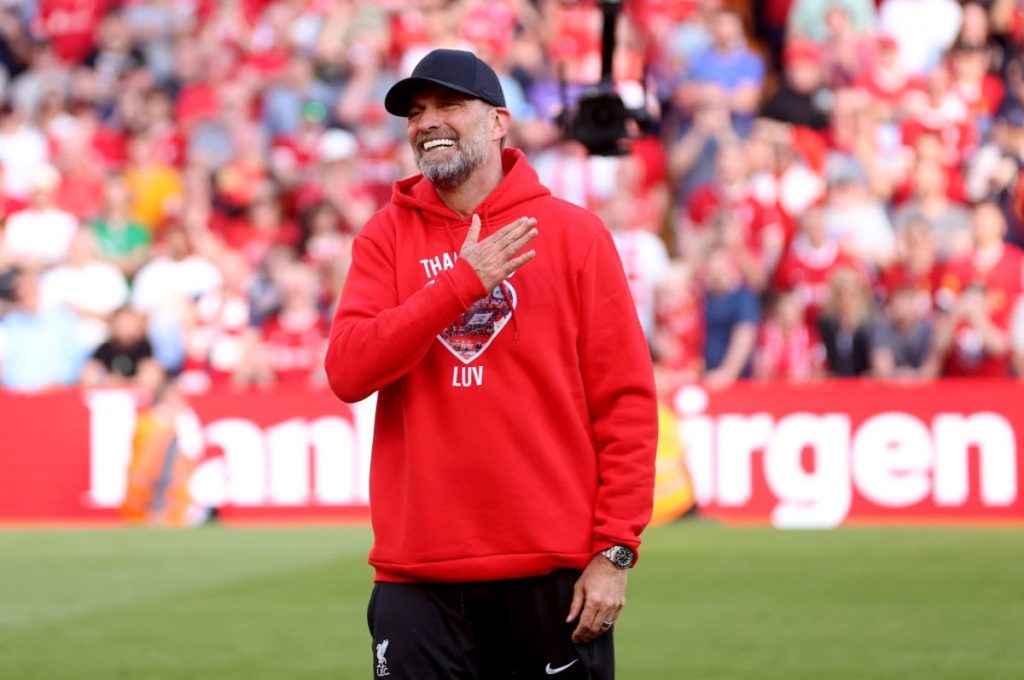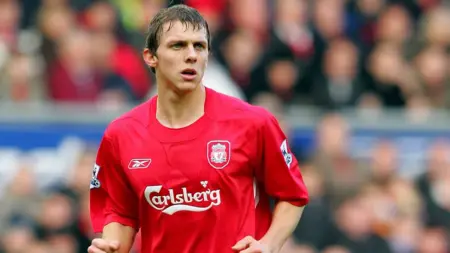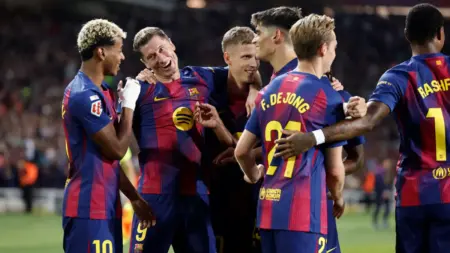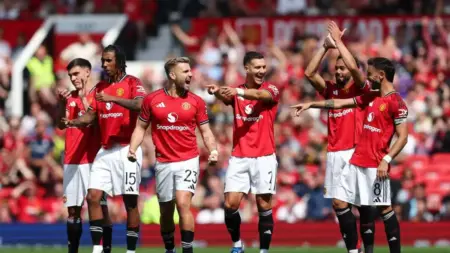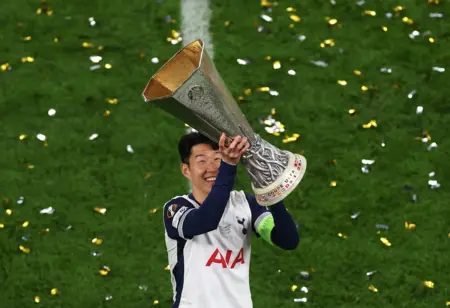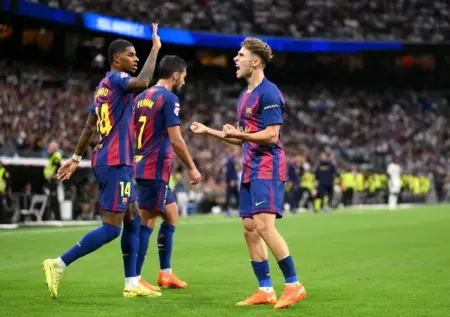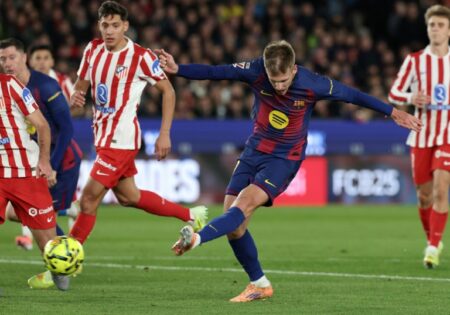A Financial Farewell to an Era
Liverpool’s financial accounts from the 2022-2023 season, released on Friday, have shed light on the significant transition the club underwent following Jurgen Klopp’s departure. The accounts reveal that Klopp and his staff were handed a £9.6 million pay-off, a testament to the respect and gratitude the club holds for the transformative impact he had during his nine-year tenure. Klopp’s reign at Anfield was nothing short of legendary, during which he led the team to several major victories, including the Premier League, the Champions League, and the FA Cup. His final season, though challenging, saw Liverpool secure the Carabao Cup and regain their place in the Champions League, ensuring a fitting finale to his time at the club. The pay-off was intended to cover the remaining duration of their contracts, a gesture that underscores the mutual agreement and amicability of their parting ways.
The Financial Reality of a Transition
Despite the club’s recent success and the promising direction under Arne Slot, Liverpool posted a loss of £57 million for the last season. This significant financial setback was largely attributed to the absence of Champions League football, which is a critical revenue stream for any top-tier club. The loss marks the second consecutive season of financial red, a period marked by heavy investment and strategic changes. However, the club’s investment in the transfer window, totaling £150 million, with acquisitions like Dominik Szoboszlai, Ryan Gravenberch, Alexis Mac Allister, and Wataru Endo, was seen as a necessary move to build a competitive squad for the future. These signings are now paying off, with Liverpool on track to win the Premier League and making progress in the Champions League, which should positively impact their financial standing in the coming years.
Commercial Revenue and Matchday Income
The financial accounts also highlighted areas of growth, particularly in commercial revenue and matchday income. The opening of the new Anfield Road stand has been a significant boost, providing the club with additional revenue from increased ticket sales and enhanced matchday experiences. This expansion not only benefits the financial health of the club but also enhances the fan experience, making Anfield an even more formidable fortress. Commercial revenue, which includes income from sponsorships, merchandise, and partnerships, also saw an uptick. These positive developments are crucial for sustaining the club’s ambitious goals and offsetting the losses from other revenue streams.
Media Revenue Challenges
One of the most notable declines in Liverpool’s financial accounts was the £38 million drop in media revenue, directly linked to their absence from the Champions League. Media rights for the Champions League are among the most lucrative in football, and the club’s exclusion from the competition had a substantial impact on their finances. This shortfall underscores the importance of consistent European success for top clubs like Liverpool. Despite this, the club’s increased staff costs, which rose by £13 million to £386 million, partly due to Champions League qualification and the Carabao Cup win, indicate a continued commitment to maintaining a high-caliber team and staff.
Looking Forward with Optimism
Under the leadership of Arne Slot, Liverpool has shown signs of resurgence. The club’s current trajectory suggests that they are well on their way to reclaiming the Premier League title, a feat that would not only bring immense pride and joy to the fans but also a significant financial windfall. Success in the ongoing Champions League campaign is equally important, as it would ensure a steady flow of media revenue and enhance the club’s reputation on the global stage. The combination of strong performances on the pitch and strategic financial management sets the stage for a bright future for the Reds.
Balancing Ambition and Sustainability
Liverpool’s financial decisions, including the substantial pay-off to Klopp and his staff, and the heavy investment in transfers, reflect a club that is balancing ambitious goals with long-term sustainability. While the short-term losses are concerning, the investments made are aimed at securing a competitive and successful future. The club’s ability to grow commercial and matchday revenue, even amidst challenges, demonstrates their resilience and strategic acumen. As Liverpool continues to navigate the post-Klopp era, the focus remains on building a legacy that honors the past while paving the way for new triumphs.

